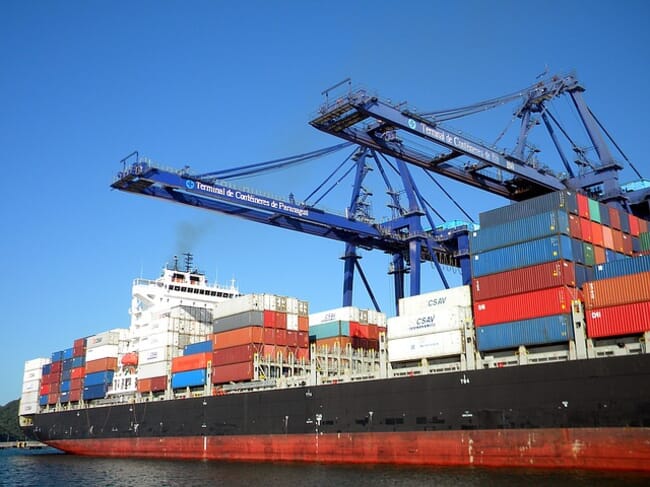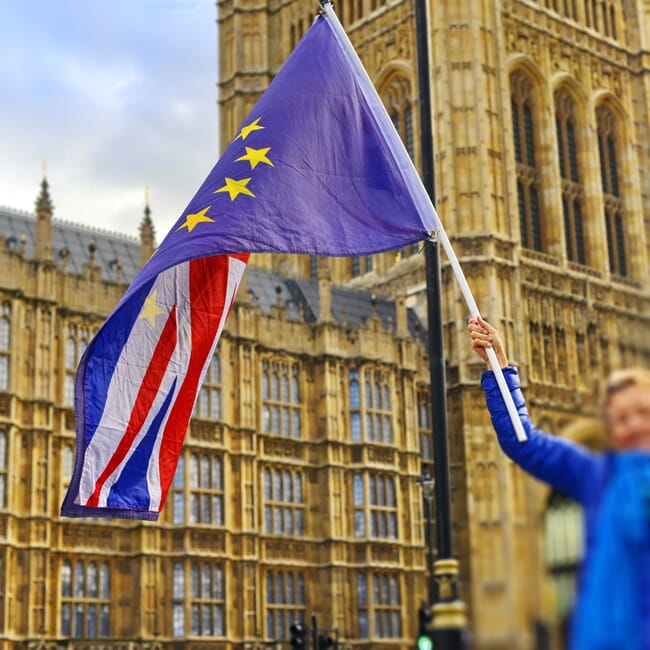
When the UK was an EU Member State, around two thirds of the total value of UK exports of fishery and aquaculture products reached the EU market, with France as the main destination, as well as Ireland and Spain. Before Brexit, the UK imported most of the fish that it consumed - mainly from northern countries including Iceland, the Faroe Islands and Norway. New Export Health Certificates (EHC) have disrupted this vital trade flow. In just one year (to November 2021), the new EHC requirements imposed on the UK's total exports to the EU is estimated to have cost at least £60 million in paperwork, with more than 288 thousand EHC applications requiring the equivalent of 580,000 certifier hours – 285 certifier years.
In addition to these concerns, the number of EU vets registering to work in the UK is dropping by more than two thirds. This exacerbates already extreme demands on the UK veterinary cohort. This has severely depleted the availability of qualified staff to certify not only the paperwork now required for export to the EU, but to anywhere in the world.
To cover these additional costs Great Britain’s food industry would have needed to generate around £3 billion of total additional sales (assuming a 2 percent profit margin) in the first year of Brexit. However, as a result of these new costs many food businesses can no longer afford to export to the EU. This means that many companies have ceased to trade with their previous largest export market, which impacts on livelihoods and the UK economy.

Short shelf-life foods like fish and shellfish are particularly impacted by the new requirements. Time-sensitive just-in-time production and distribution means that any delays in the transportation compromises the ability to sell them. Consequently, GB export to the Continent of short shelf-life chilled prepared foods is now largely unviable.
In addition to the £60 million certification costs there are new requirements for Support Health Attestations for composite foods, Support Attestations at abattoirs, new IT and software licences and additional staff (requiring training in new skills). This results in a reduction of efficiency from the extra administration burden as well as lost trade.
Businesses continue to work hard to navigate these barriers. The SPS Certification Working Group, a cross-industry, veterinary and environmental health group is chaired by Karin Goodburn MBE (Director of the Chilled Food Association) commented: “These already disturbing figures are in fact an underestimate of the total cost to the industry as they exclude bulk orders of EHCs from the Animal and Plant Health Agency made in one request and the wider costs of Brexit SPS requirements.
“Without urgent action the situation is only set to deteriorate and there are no quick fixes. As an example, it takes more than five years to train the vets required we need to certify the EHCs. However, we are proposing solutions and call on Government to support us in ensuring the viability of our food businesses.”
The SPS working group is proposing:
- SPS/veterinary agreement with the EU to reduce administrative burden and therefore certification costs
- Digitisation of paper systems – and to be certain of their acceptance by receiving BCPs in Member States/Northern Ireland
- Certification workforce recruitment, planning, training and retention
- Certainty regarding implementation of EU-GB trade on introduction of veterinary checks by GB on 1 July and in a second wave on 1 November 2022 to ensure there is a level playing field between GB and the EU on both exports and imports.
- Clarity on cost implications/continued viability of imports from EU. GB food security and availability of ingredients/finished products being threatened by lack of resources to check incoming food, coupled with EU exporters deciding not to attempt to supply GB owing to the additional admin burden and costs




